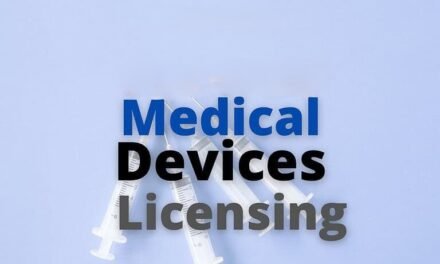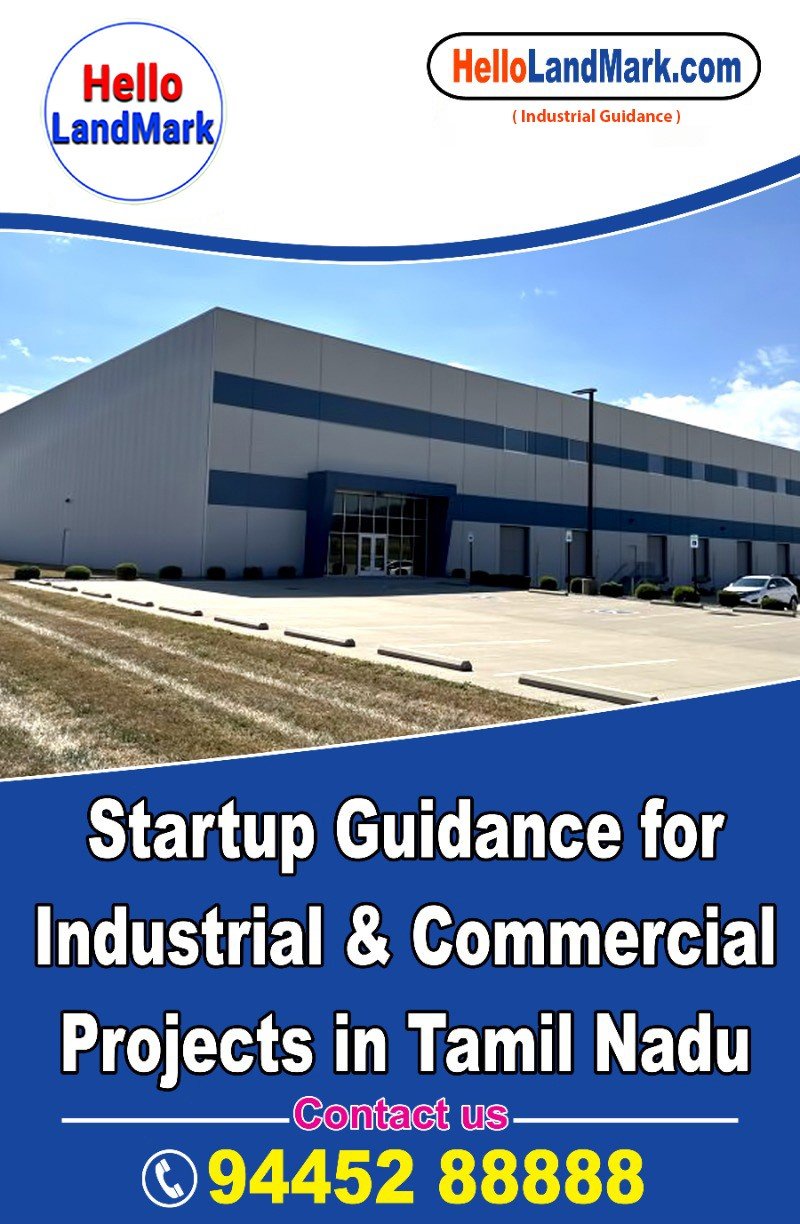
How do you structure your pricing for Medical Device manufacturing services?

Pricing for medical device manufacturing services can vary widely depending on several factors including the complexity of the product, regulatory requirements, volume of production, and specific services needed. Here’s how companies typically structure their pricing for these services:
1. Cost-Plus Pricing
- Base Costs: Calculate all direct costs associated with manufacturing the medical device, including materials, labor, and overhead.
- Markup: Add a markup to cover indirect costs (such as R&D, administration, sales, and marketing) and profit. The markup percentage can vary based on industry standards, customer relationships, and competitive positioning.
2. Value-Based Pricing
- Value to Customer: Price based on the perceived value of the product to the customer rather than just the cost of production. This is common for devices that offer significant technological or medical advancements.
- Competitive Analysis: Consider the pricing of similar devices in the market to ensure competitiveness while still capturing the value of any unique features or benefits.
3. Tiered Pricing
- Volume Discounts: Offer discounts based on the volume of units produced. Higher volumes can reduce per-unit costs, and savings can be passed on to the customer.
- Service Levels: Provide different pricing tiers based on the level of service or customization required. Higher tiers might include additional services like expedited manufacturing, advanced quality testing, or regulatory assistance.
4. Fixed Fee + Variable Costs
- Fixed Fee: Charge a fixed fee for certain services such as project management, design consultation, or regulatory submission support.
- Variable Costs: Additional charges based on actual production costs, which can vary depending on the materials used, complexity of the manufacturing process, or changes in the scope of the project.
5. Performance-Based Pricing
- Success Milestones: Implement pricing based on achieving certain milestones, especially in projects involving significant development or regulatory challenges.
- Risk Sharing: Some contracts might include elements of risk sharing where part of the payment is contingent on the successful market launch or clinical approval of the device.
6. Project-Based Pricing
- Total Project Cost: For comprehensive projects that include design, development, testing, and manufacturing, total project pricing can be offered. This encompasses all anticipated costs and a profit margin in a single quote.
- Revisions and Changes: Clearly define how revisions, design changes, or unexpected complexities will affect pricing to avoid disputes.
7. Regulatory and Compliance Surcharge
- Regulatory Costs: Include specific surcharges for regulatory compliance activities, such as documentation preparation, submission fees, and compliance testing, which are crucial in medical device manufacturing.
8. Consultation and Ancillary Services
- Additional Services: Charge separately for ancillary services like sterilization, packaging design, and logistics management.
- Consultation Fees: For expert advice or consultation services during the development phase, separate fees can be structured based on the expertise provided.




























